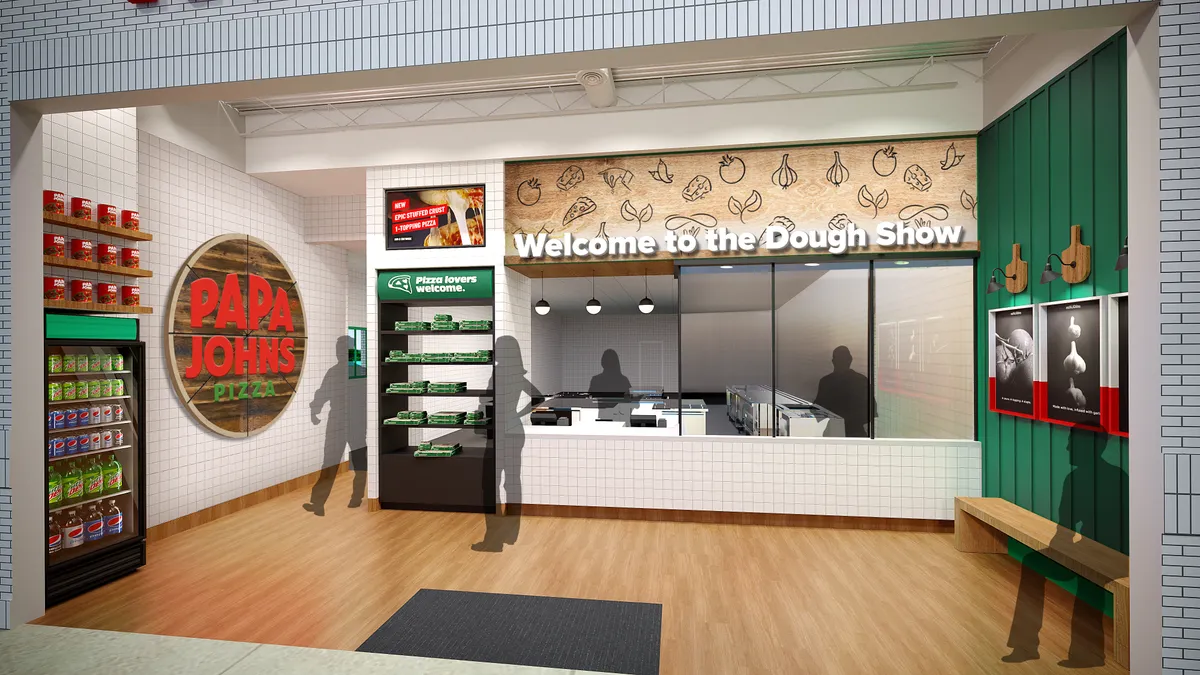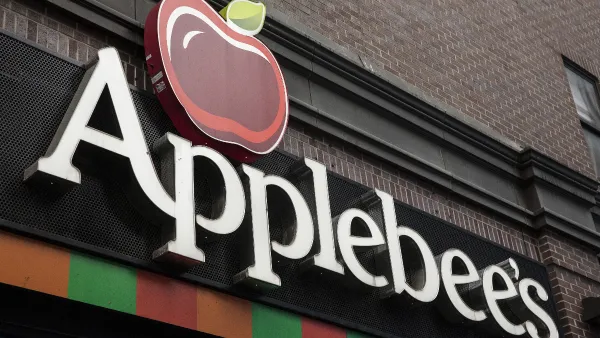Dive Brief:
- Papa Johns released its 2021 Corporate Responsibility Report Wednesday, which includes a new environmental, social and governance incentive tied to corporate bonuses for eligible employees and executives. According to the company, Papa Johns is the first major U.S. pizza delivery chain to announce ESG goals linked to incentive compensation.
- According to an email from Papa Johns, the ESG performance metrics include workforce diversity, clean ingredients and environmental impacts, among other areas measure for the management incentive program.
- This announcement follows similar statements from McDonald’s, Starbucks, Wendy’s and Chipotle as more companies tie corporate compensation to ESG goals.
Dive Insight:
While Wendy’s and Chipotle's ESG incentives are tied specifically to executive compensations, Papa Johns notes its ESG bonuses are available all active, full-time corporate team members. This could create additional motivation for employees to carry out the work and broaden buy-in for such efforts across the system.
According to Institutional Shareholder Services ESG, the proportion of pay tied to corporate responsibility has increased to over 20% since 2018, when it was only 7% of pay.
Companies started linking executive pay to sustainability performances about 15 years ago, according to Perillon, in an effort to hold themselves accountable for the goals they were setting. ESG has since become more important for both investors and consumers, which has influenced more companies to add such incentives.
According to Deliverect, for instance, 43% of diners are willing to pay more for restaurant takeout that prioritizes sustainability efforts, while 56% want restaurants to be more transparent about their eco-friendly efforts.
At the same time, the COVID-19 pandemic illustrated the importance of ESG and companies’ ESG disclosures, according to Ernst & Young. A 2020 E&Y survey found that out of surveyed investors who assess ESG, 72% perform a “structured review” of ESG performance versus just 32% two years prior. Now, according to WTW, 89% of investors believe the inclusion of ESG metrics is important for annual and long-term incentive plans.
Despite such movement, however, there are a few risks involved with such an incentive strategy. ESG efforts, especially environmental targets, can take time to implement, which can be challenging for annual incentives. As such, an investigation by shareholder advocate As You Sow found that only four out of 48 U.S. companies tied their ESG compensation schemes to specific emissions reductions.
Executives are increasingly engaged in public conversations about corporate responsibility. When Chipotle announced its was increasing its ESG incentives, Laurie Schalow, Chipotle’s chief corporate affairs & food safety officer, said in a statement that the company has a “responsibility to transparently share our progress and drive positive change.”
Indeed, more restaurant companies are acknowledging that responsibility. Food production generates nearly 30% of all greenhouse gas emissions, Panera CEO Niren Chaudhary told the New York Times.














